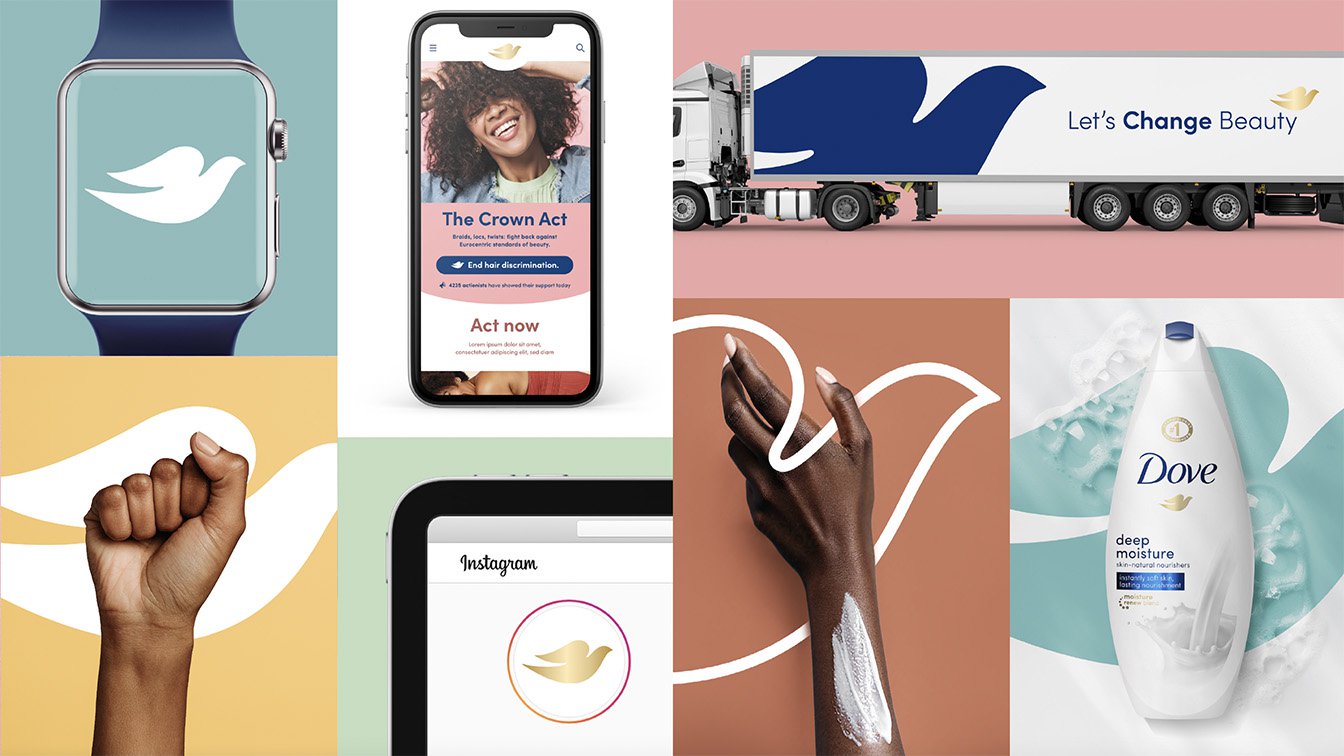Trends — Culture • Lifestyle • Future
In recent years, a quiet but powerful shift has emerged in the world of branding. No longer content with flashy campaigns and slogans, consumers are demanding more—more authenticity, more empathy, and more purpose. In response, brands are beginning to move beyond traditional marketing campaigns, championing causes that truly matter. Among the most urgent of these is mental health.

The rise of mental health-focused branding isn't a coincidence. It's a response to a world where anxiety, burnout, and emotional fatigue are no longer whispered about behind closed doors. From Gen Z’s openness around therapy to millennials' demand for work-life balance, societal attitudes toward mental health have evolved—and brands are evolving too.
Take Dove, for example. Known for its Real Beauty campaign, Dove has consistently pushed back against unrealistic standards.
In 2021, it launched the "Reverse Selfie" campaign, exposing the damaging impact of social media filters on young girls' self-esteem.
The campaign wasn’t just a powerful piece of storytelling; it reflected a deeper mission to improve mental well-being and promote body confidence. Dove also partnered with mental health experts to create tools and educational resources, reinforcing its commitment to real-world impact.
Similarly, mindfulness app Headspace transitioned from being a wellness product to a movement. With its "Mental Health First" campaign, it encouraged businesses to prioritise mental well-being in the workplace.
Headspace didn’t just sell subscriptions—it partnered with companies, including Starbucks and Adobe, to provide free access to employees. This shows how brands can position themselves not just as service providers, but as advocates for societal change.
In the corporate world, mental health is no longer a side note; it's becoming a core element of company culture. Unilever, one of the world's largest employers, implemented a global mental health strategy, offering training for managers and mental health champions across its offices.
The move isn’t just about improving internal morale—it signals to consumers and stakeholders that well-being is a priority, not a perk.
Nonetheless, mental health awareness is only one thread in a larger tapestry. The broader movement is that of purpose-driven branding: where brands align themselves with causes beyond commerce.
Today’s consumers, especially younger generations, expect brands to stand for something. And when done well, that stand creates not only loyalty but impact.
Patagonia is a prime example of purpose-driven branding done right. The outdoor apparel company has long championed environmental activism, famously running an ad urging customers not to buy its jackets unless they truly needed them.
In 2022, founder Yvon Chouinard made headlines by giving away the company to a trust designed to fight climate change. This bold move made clear that Patagonia’s commitment to the planet goes far beyond marketing—it's embedded in the company's DNA.
Similarly, Tony's Chocolonely has turned its mission into its message. The Dutch chocolate brand was founded to combat slavery in the cocoa supply chain. Every bar it sells comes with the story of its mission, and its unevenly divided segments symbolise inequality in the industry.
Tony’s principles have delivered transformative results. Between 2020 and 2021, the International Cocoa Initiative found child labour in only 4.4% of Tony’s co-op member farms—a stark contrast to the 52.8% detected in non-partnered co-ops. Tony's isn’t just selling chocolate; it's selling awareness, and doing so with transparency, humour, and purpose.
What unites these brands is their willingness to be vulnerable, human, and values led. They open conversations, acknowledge societal challenges, and invite consumers to be part of a collective journey. This approach not only builds emotional resonance but also sets a standard for ethical business practices.
Of course, purpose-driven branding isn’t without its challenges. It requires consistency, long-term investment, and the willingness to weather scrutiny. Consumers are quick to call out performative acts, and brands must back up their messaging with action.
When done right, the rewards are significant: stronger relationships, brand loyalty, and a genuine role in shaping a more compassionate society. As the lines between commerce and community continue to blur, brands are no longer just sellers of goods and services—they are storytellers, advocates, and changemakers.
Whether by prioritising mental well-being or championing a social cause, brands that lead with purpose are proving that doing good and doing well aren’t mutually exclusive. They are, literally, the signs of the times.